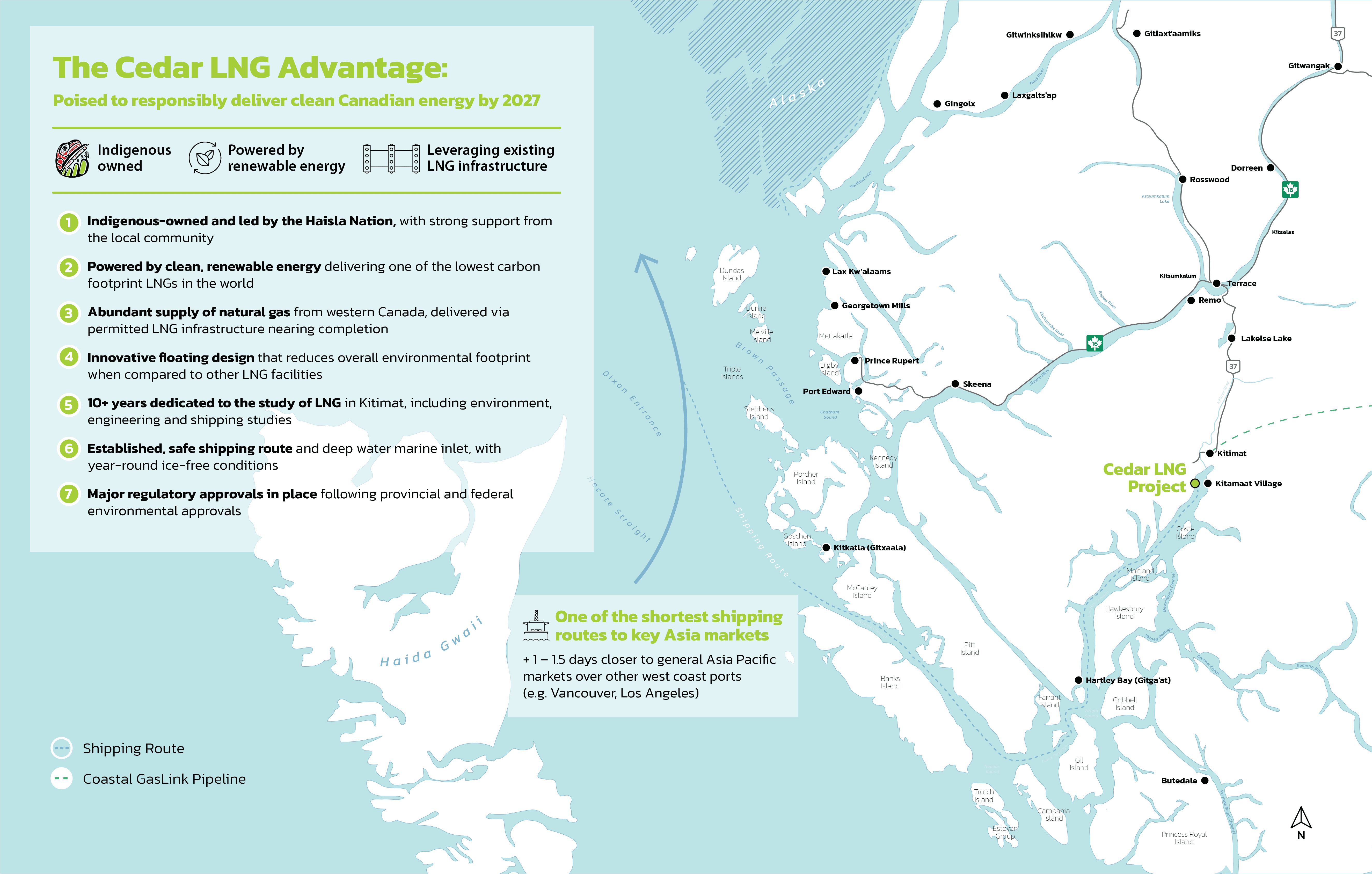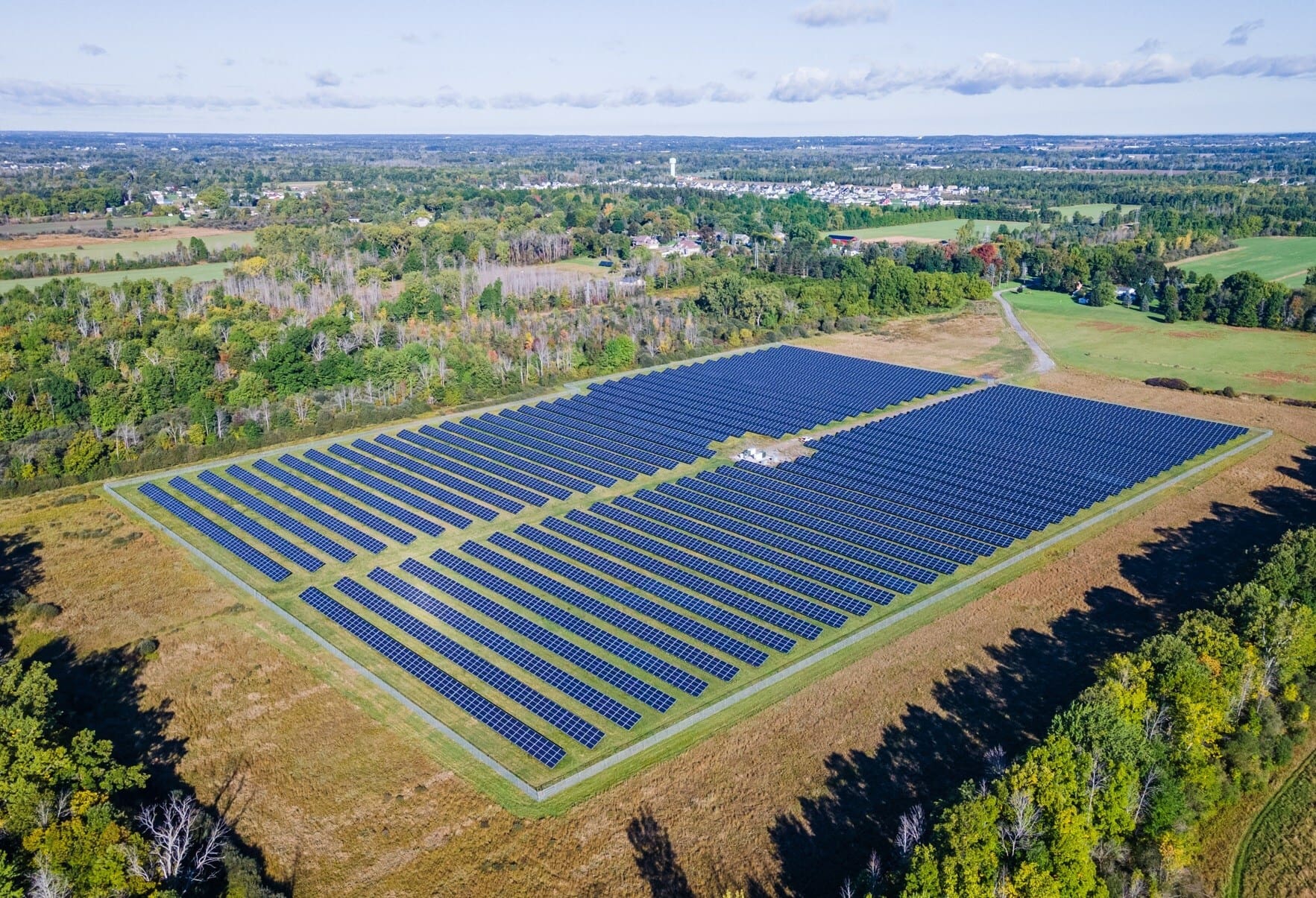
Governor Roy Cooper issued Executive Order No. 218 highlighting North Carolina’s commitment to offshore wind power as the state transitions to a clean energy economy. The Executive Order highlights the economic and environmental benefits of offshore wind and directs actions to help North Carolina secure the jobs and economic development associated with the industry’s estimated US$140 billion investment over the next 15 years to develop projects from North Carolina up the Atlantic Coast.
“Offshore wind power will help North Carolina create jobs and generate economic development while helping us transition to a clean energy economy,” said North Carolina Governor Roy Cooper. “North Carolina’s national leadership in clean energy and manufacturing plus our highly trained workforce creates a strong business environment for offshore wind supply chain and manufacturing companies.”
The Order establishes offshore wind development goals of 2.8 GW off the North Carolina coast by 2030 and 8 GW by 2040. Achieving these goals will power roughly 2.3 million homes by 2040. In addition to creating economic benefits across North Carolina, the development will help achieve the North Carolina Clean Energy Plan goal of a 70% reduction in power sector greenhouse gas emissions by 2030 and carbon neutrality by 2050.
“This coordinated approach to developing our offshore wind supply chain will bring new jobs to North Carolina for generations to come,” said North Carolina Commerce Secretary Machelle Baker Sanders. “From building out the supply chain, to installing equipment, to operating the wind facilities, North Carolina’s manufacturers and workforce are well positioned to play an integral role in the entire East Coast market, not just for projects directly off the state’s coast.”
“The coordinated effort of state and federal partners on this issue is an important step forward in our transition to a clean energy economy in North Carolina and key to meeting the goals of the state’s Clean Energy Plan,” said North Carolina Clean Energy Director Dionne Delli-Gatti.
The Order directs the North Carolina Department of Commerce to name a clean energy economic development coordinator and establish the North Carolina Taskforce for Offshore Wind Economic Resource Strategies (NC TOWERS). The Order also directs the North Carolina Department of Environmental Quality and the North Carolina Department of Military and Veterans Affairs (NCDMVA) to designate offshore wind coordinators and take steps to support offshore wind. The Order directs quarterly meetings of the North Carolina Offshore Wind Interagency Workgroup to ensure offshore wind activities are well coordinated among leadership in relevant agencies.
“NCDMVA is committed to collaborating with Governor Cooper, State Agencies, local officials, and the DoD [Department of Defense] to find solutions that enable offshore wind development while preserving our state’s military installation’s ability to conduct testing, training, and operations critical to our military readiness,” said NCDMVA Secretary Walter E. Gaskin. “We support this effort and look forward to continued coordination to help North Carolina meet its renewable energy goals while maintaining our military readiness and ensuring our national security.”
This Executive Order follows a bipartisan memorandum of understanding (MoU) among the governors of North Carolina, Maryland, and Virginia in October 2020 that created the Southeast and Mid-Atlantic Regional Transformative Partnership for Offshore Wind Energy Resources (SMART-POWER). The SMART-POWER MoU provides a framework for the three states to cooperatively promote, develop, and expand offshore wind energy and the accompanying industry supply chain and workforce.
More recently, the North Carolina Department of Commerce released an offshore wind supply chain and infrastructure report that examines North Carolina’s opportunities to address the offshore wind industry’s supply chain and manufacturing needs.
















